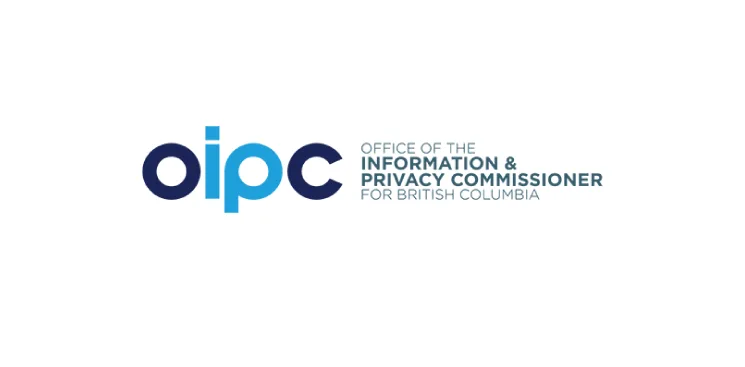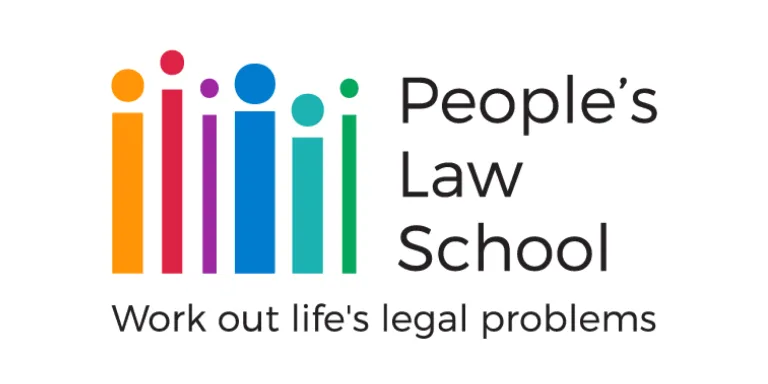Ordering your credit report

Banks, businesses and others look at your credit report to decide whether to lend you money, hire you, or do business with you. Ordering your credit report lets you see what they’re seeing.
What you should know
A credit report contains details of a person’s history of paying bills and borrowing money, as well as other information about them.
The law gives you the right to see your credit report. The credit reporting agencies must mail you a free copy if you ask. (In Canada, the two credit reporting agencies are Equifax and TransUnion.) You can also get your report online, but you may need to pay.
Credit reporting agencies plug your credit information into a formula to produce your credit score. Your score, which is sometimes called your credit rating, can range from 300 to 900. A high score is good.
You won’t see your credit score on your credit report. But you can pay to see it. See the Equifax and TransUnion websites.
Tread carefully in this realm. Some companies offer “free” credit reports or credit scores. Often, they’ll ask for your credit card number. By providing it, you may be signing up for a “free trial” of their paid service. If you don’t cancel before the trial ends, your credit card may be charged.
Both of the main credit reporting agencies in Canada offer additional credit services. These include:
credit monitoring, where you’re alerted if something changes in your credit report
regular credit score updating
identity theft protection, where you get help resolving identity theft
These services typically involve a monthly fee. When you order your credit report, you don’t have to buy the additional services offered by the credit reporting agency. It’s your choice.
Order your credit report
There are three options for ordering your credit report.
Option 1. By mail
Option 2. By telephone
Option 3. Online
Option 1. By mail
You can print and fill out a request form, then send it to the credit reporting agency. Both Equifax and TransUnion offer this option. See the Equifax and TransUnion websites.
Include a copy of two pieces of ID (copying both sides). For example, a driver’s licence, passport, or birth certificate. If your address isn’t current on either piece, send an additional document with the correct address. A utility bill, for example.
You should receive your credit report in two to three weeks. By law, the agency must respond within 30 days.
Option 2. By telephone
You can get a free copy of your credit report by phone. You’ll have to prove who you are by answering some personal questions. You may also need to give your Social Insurance Number (SIN) or credit card information.
The numbers to call are:
Equifax: 1-800-465-7166
TransUnion: 1-800-663-9980
Your credit report should arrive in the mail in two to three weeks. By law, the agency must respond to your request within 30 days.
Option 3. Online
You can order your credit report online. TransUnion offers free online access to your credit report. Equifax charges a fee. See the TransUnion and Equifax websites.
Ordering online is fastest. Your report will arrive within minutes.
Who can help

Office of the Information and Privacy Commissioner
Oversees BC's laws relating to privacy and access to information.

BC Legal Referral Service
Helps you connect with a lawyer, notary or paralegal for a free 15- to 30-minute consult to see if you want to hire them.

Access Pro Bono's Legal Advice Clinics
Volunteer lawyers provide 30 minutes of free legal advice to people with low or modest income.
Reviewed for legal accuracy by
Wendy Andersen, Digby Leigh & Co. and Casey Harris, Barrister & Solicitor
This information from People’s Law School explains in a general way the law that applies in British Columbia, Canada. The information is not intended as legal advice. See our disclaimer.
Related
On Dial-A-Law
Dial-A-Law has more information on Credit reports in the section on Money & debt.


